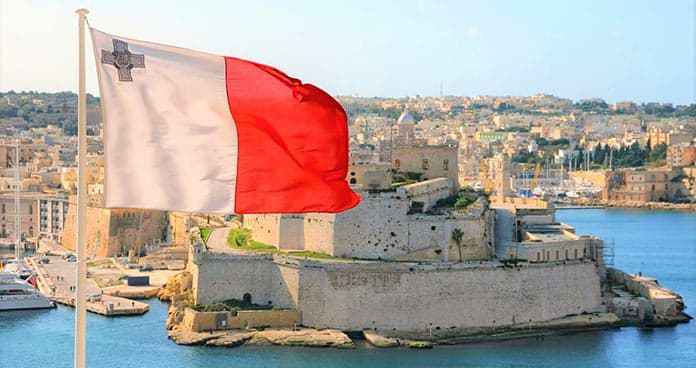UKGC attacks Malta operators on lacks compliance standards
It would seem that the UK Gambling Commission do not hesitate to speak up when the event calls for it either as we’ll see next as the UKGC attacks Malta operators.
Indeed, the UK Gambling Commission has had a colourful history and evolution since its creation in 2005. In particular, they have established themselves as a robust regulator that does not hesitate to penalize operators who fail to live up to their licensing requirements.
UKGC attacks Malta operators during a Conference
The chief executive Neil McArthur was in Malta this week where he was participating at a conference. He shared a summary of the UKGC‘s approach to regulations but then went on to lament on the weak compliance amongst Malta-based operators facing the UK market. This was undoubtedly a call for the Malta Gaming Authority to tighten standards as well.
The chief executive of the UK Gambling Commission was critical of Malta-based operators who operate in the UK.
Reflecting on 2018
In 2018, of the over 120 online UK operators examined, 45 were told to submit a plan of action to raise their compliance standards. Besides this, 14 operators were the target of enforcement actions with seven operators resulting in penalties totaling £18 million. Furthermore, five operators and three management individuals were forced to surrender their license.

Of the 45 operators ordered to submit plans to boost weak compliance in the UK, 24 of them were Malta-based.
Significance of iGaming in Malta
McArthur noted that of the 45 operators told to submit plans, just over half (24 operators) were based in Malta. It is particularly troubling for the UK because Malta-based operators are growing as a share of the total regulated gambling market of the United Kingdom. The iGaming sector in Malta is significant to the economy there, representing over 12% of (GDP) gross domestic product as at June 2018. Malta undoubtedly does not want its reputation to come under threat from when the UKGC attacks Malta operators.
McArthur called for better communication and monitoring of players, scrutiny of VIP treatment and caution when it came to advertising.
Highlighted Issues
So what were the specific issues pointed out by McArthur? For starters, he called for better interaction as part of an ongoing examination and identification of the red flags tied to higher risks of problem gambling. He also identified VIP customer treatment as a murky area that incentivizes players to gamble. On the subject of advertising, a Gamble Aware report noted an elevation in advertisement spending exposing people, including children, youth and vulnerable adults to risk.
McArthur wanted to discover ways of using technology to reduce this exposure and called for collaboration between game developers to produce an Industry Code.
Will action be taken after the UKGC attacks Malta operators or will McArthur’s call fall on deaf ears? We’ll see in the weeks and months ahead.







Leave a Reply